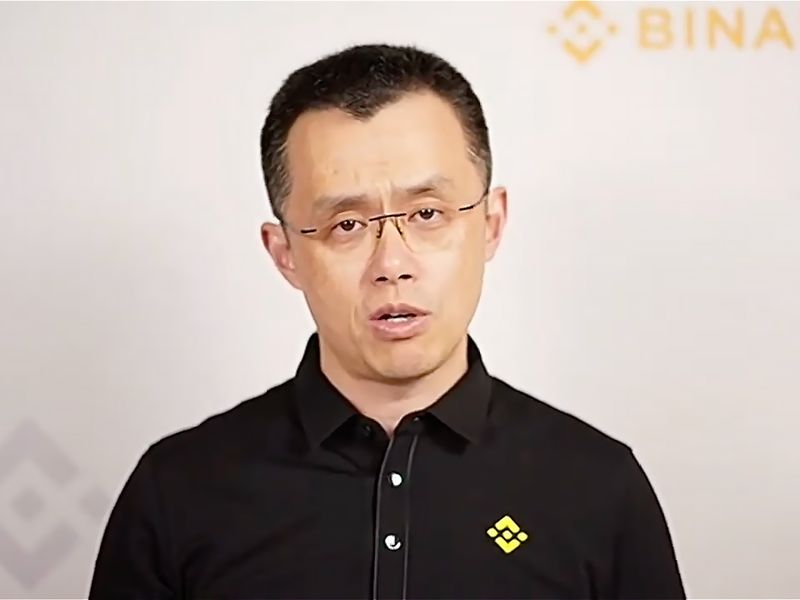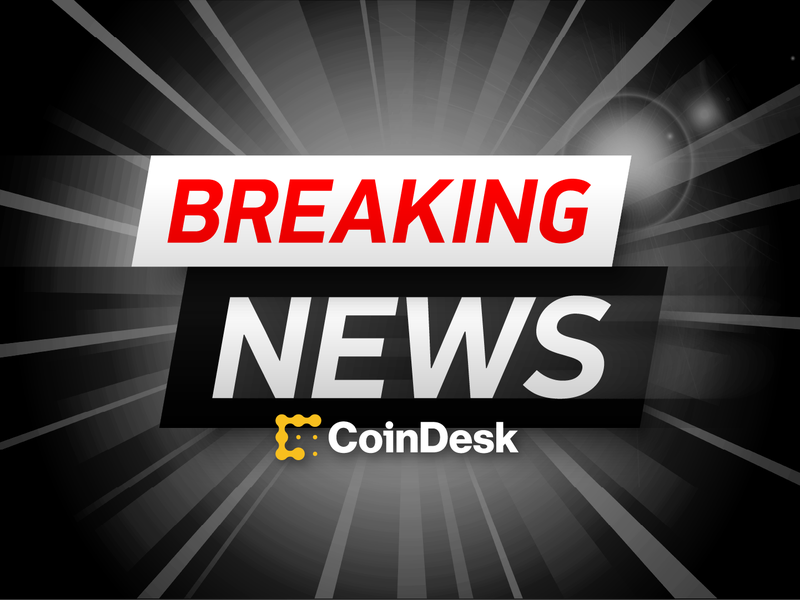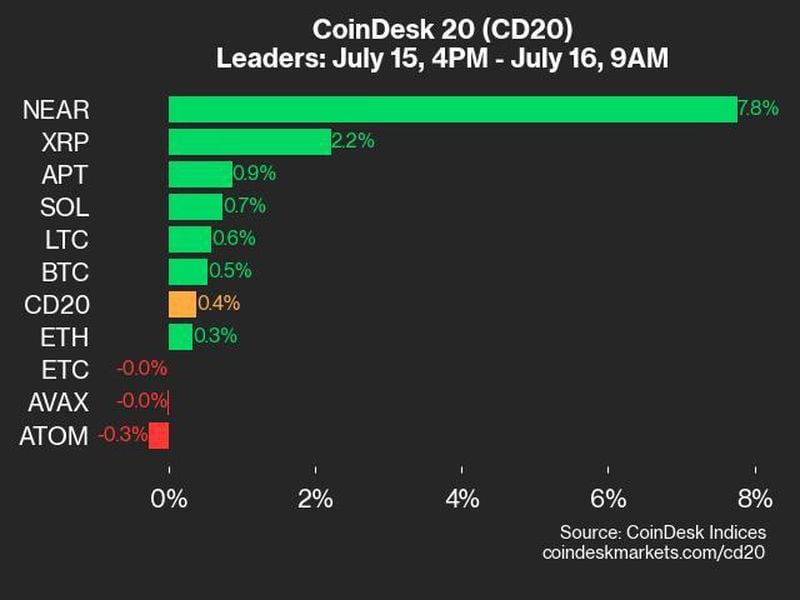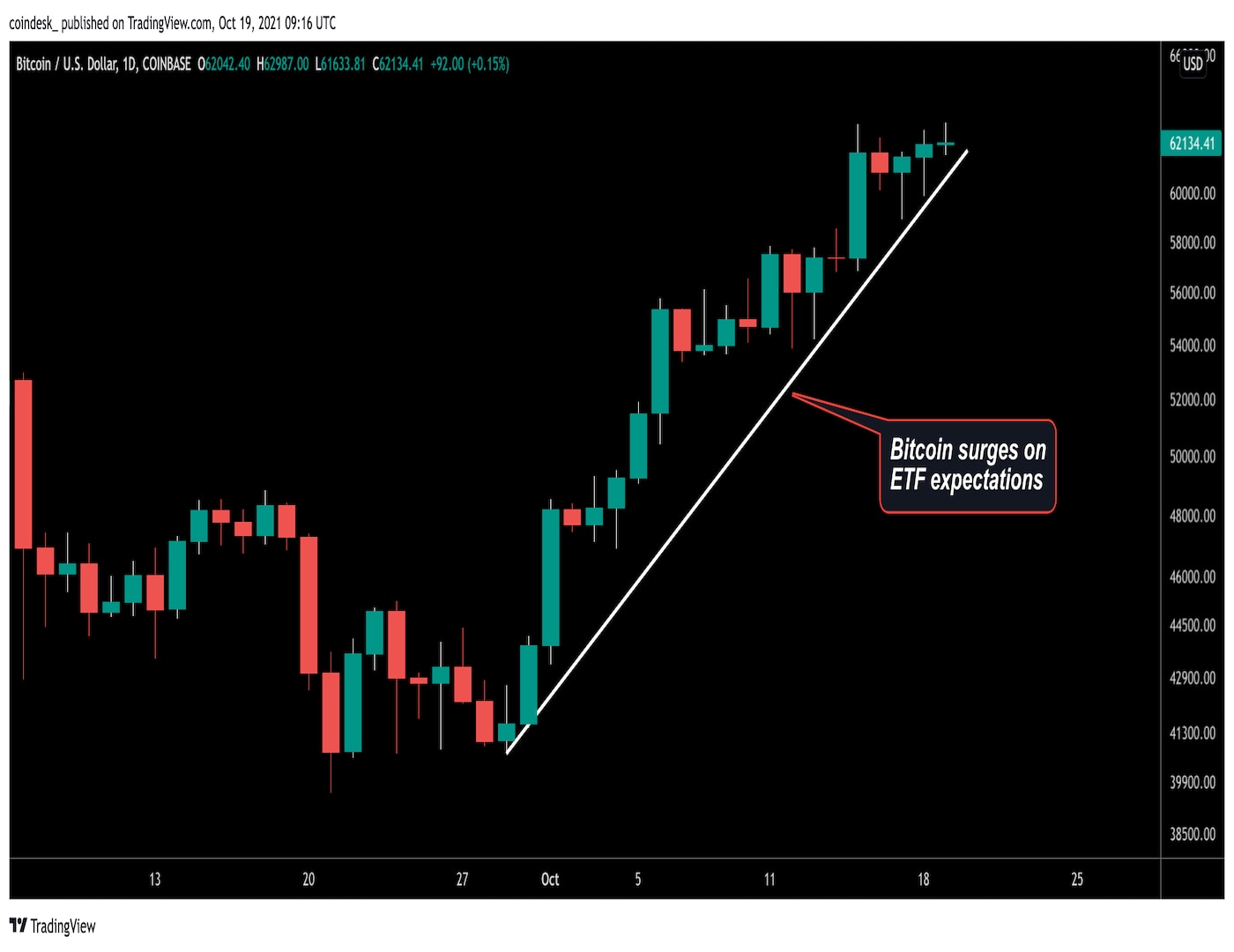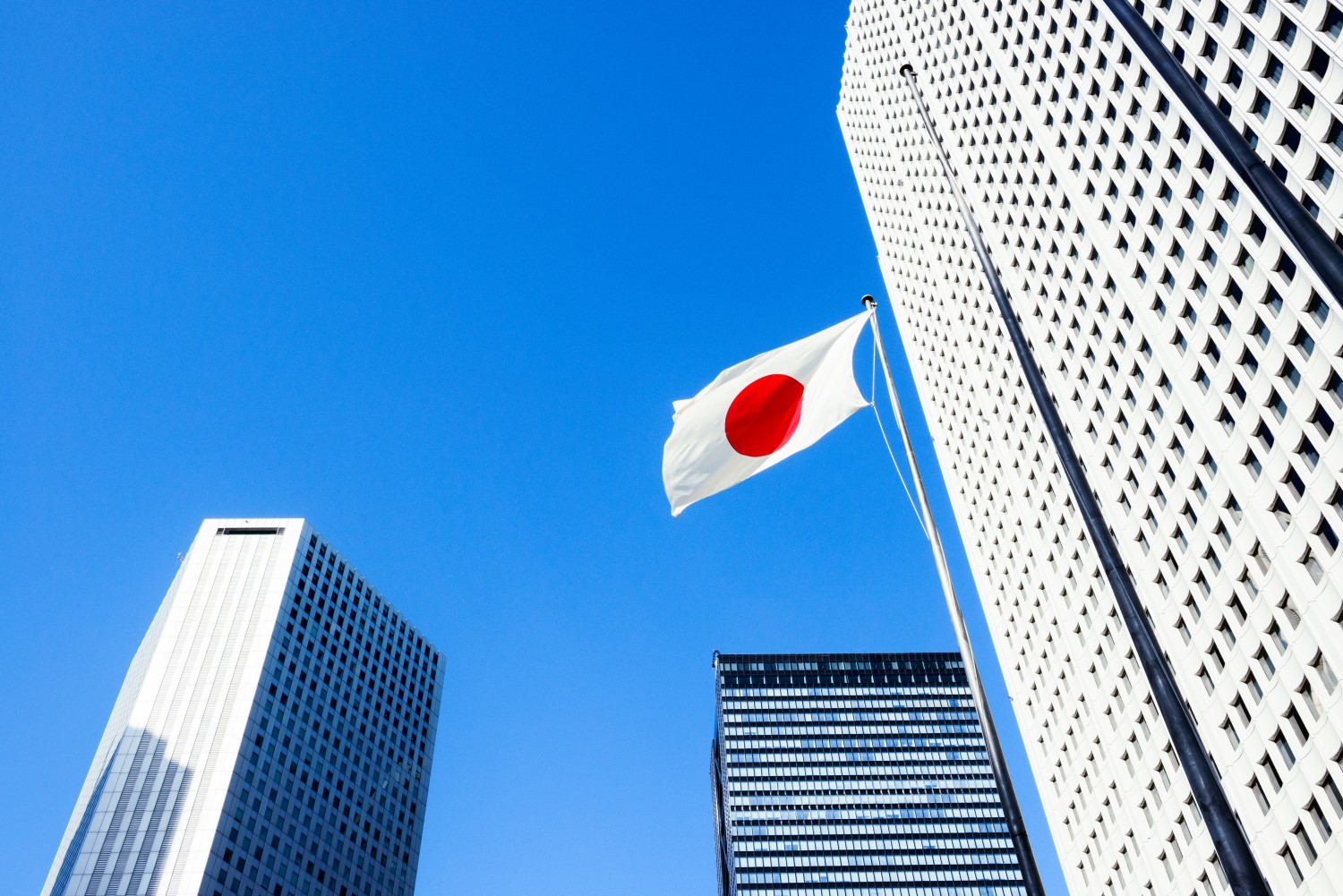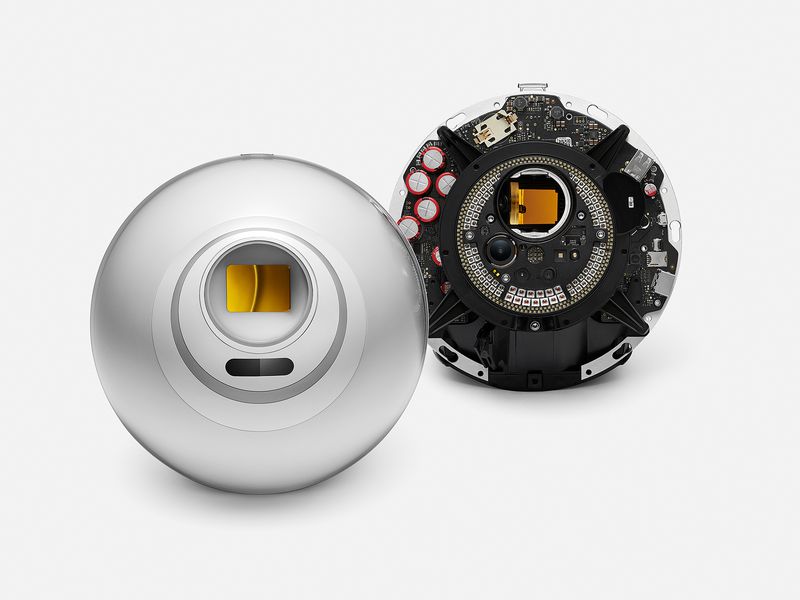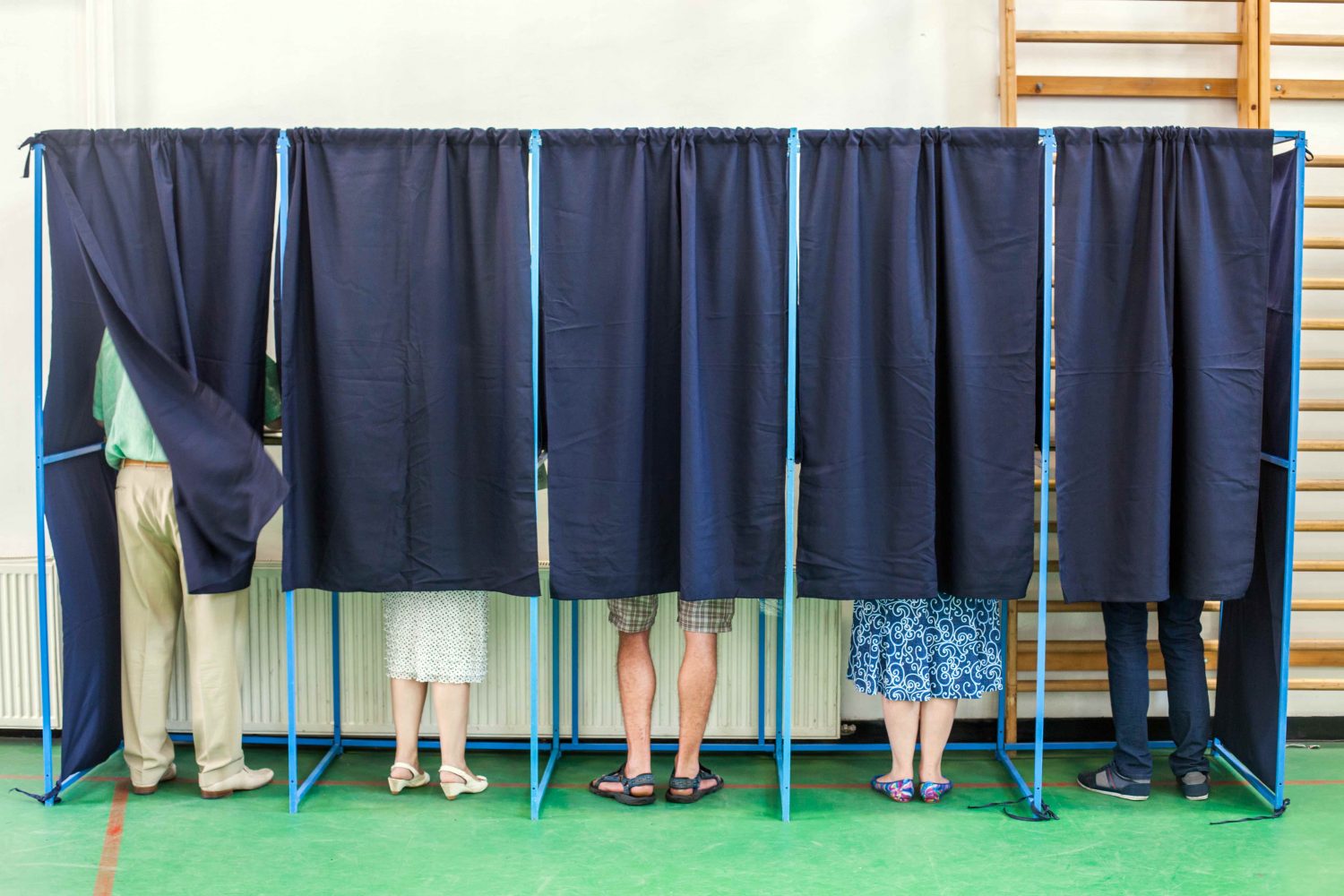PepsiCo Blockchain Trial Brings 28% Boost in Supply Chain Efficiency

Food and beverage giant PepsiCo has conducted a blockchain trial that brought a 28 percent boost in supply chain efficiency.
Dubbed “Project Proton,” the trial set out to examine if blockchain could address “industry challenges” in programmatic advertising.
PepsiCo’s project partner and media agency Mindshare announced the news Monday, saying that it assisted in the trial, which carried out a programmatic end-to-end supply chain reconciliation using Zilliqa’s blockchain platform. The effort compared a control budget with one for the test to gauge the effectiveness of the technology.
Zilliqa’s smart contracts were further used to automate the programmatic supply chain, Mindshare said, explaining:
“These smart contracts reconcile impressions that are delivered from multiple data sources with payments facilitated using an internal Native Alliance Token (NAT) all in near real time, resulting in major efficiency gains and complete transparency for the brand owners.”
The results indicated efficiency increases “in terms of costs for viewable impressions, in running the campaign through smart contracts, versus one without,” according to Mindshare.
Other partners in the project included online advertising company Rubicon, programmatic marketing technology firm MediaMath and media firm Integral Ad Science.
The trial was conducted in March in the Asia Pacific region. The partners now plan to run a second phase with the addition of payments to publishers and more performance metrics.
Farida Shakhshir, PepsiCo’s director of consumer engagement for the Asia, Middle East and North Africa regions, said:
“The results are encouraging, and we plan to run a few more campaigns under different conditions to verify more hypotheses and measure overall impact.”
Pepsi image via Shutterstock


